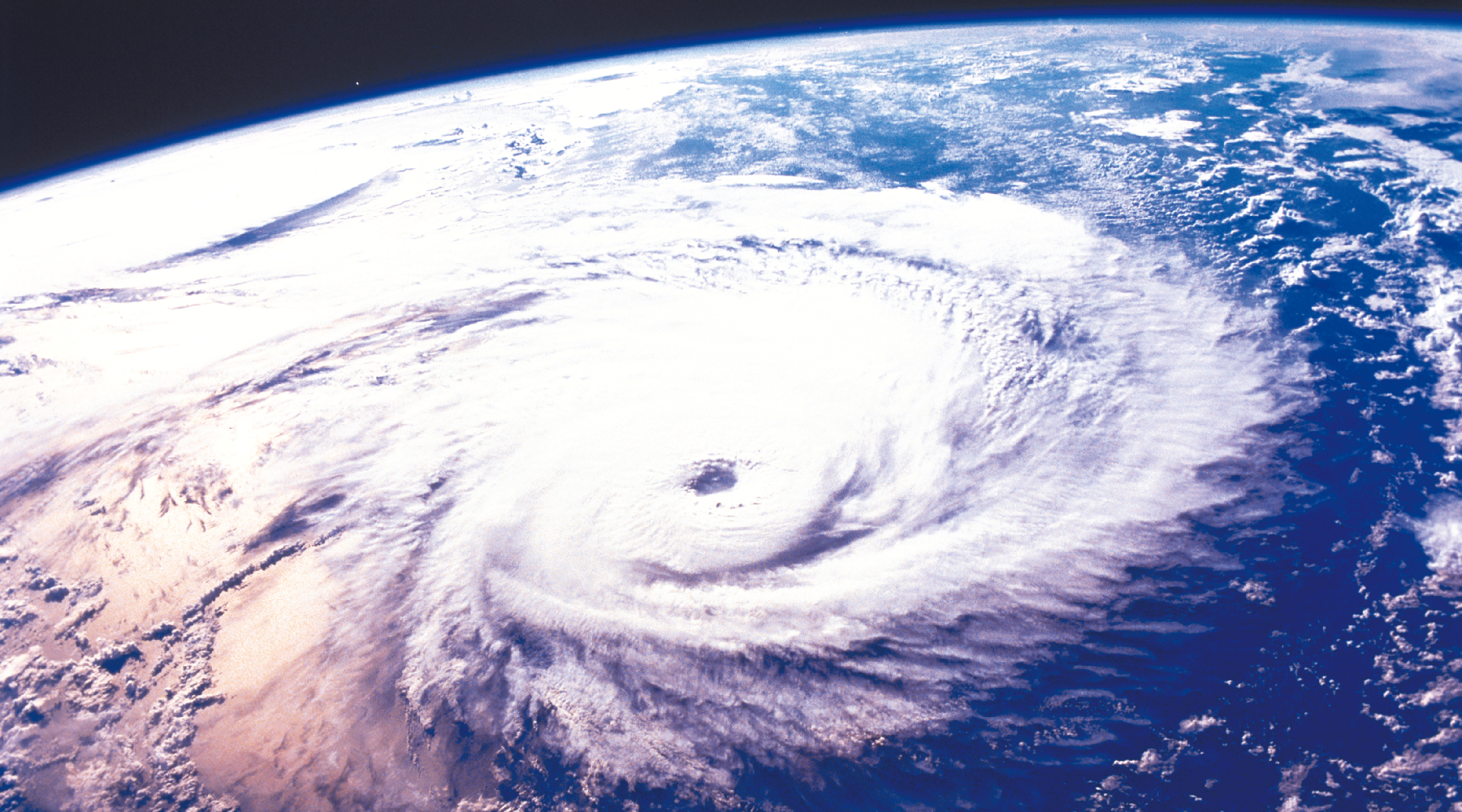** Progress in Earth and Planetary Science is the official journal of the Japan Geoscience Union, published in collaboration with its 50 society members.
Gallery View of PEPS Articles
Review
Interdisciplinary research
202002202002
Coupling library Jcup3: its philosophy and application
Arakawa T, Inoue T, Yashiro H, Satoh M
Earth system modeling, Coupler, Coupled simulation
Data exchange diagram. The gray circles represent masked value. Therefore, only the grid point value indicated by the blue circle is passed from Component A to Component B.
In this paper, we describe the design of the coupling library, Jcup, and report its various applications, including the coupling between global atmospheric and oceanic models of different grid systems. Jcup is a software library mainly focused on weather/climate models and was developed for coupling the components of various models. Jcup has the flexibility to be applied to an unspecified number of components of earth system models. To achieve a high level of safety and versatility, we classified the processes of the general coupling software into processes that change the value of the data and those that do not and placed the former outside of the program and under the control of the user. Consequently, Jcup exhibits two features: (1) the correspondence relationship between grid indexes is used as input information, and (2) the user can implement an arbitrary interpolation code. Jcup was applied to atmosphere-ocean coupling, IO component coupling, and the coupling between the seismic model and structure model, and the validity and usefulness of the design were demonstrated.






